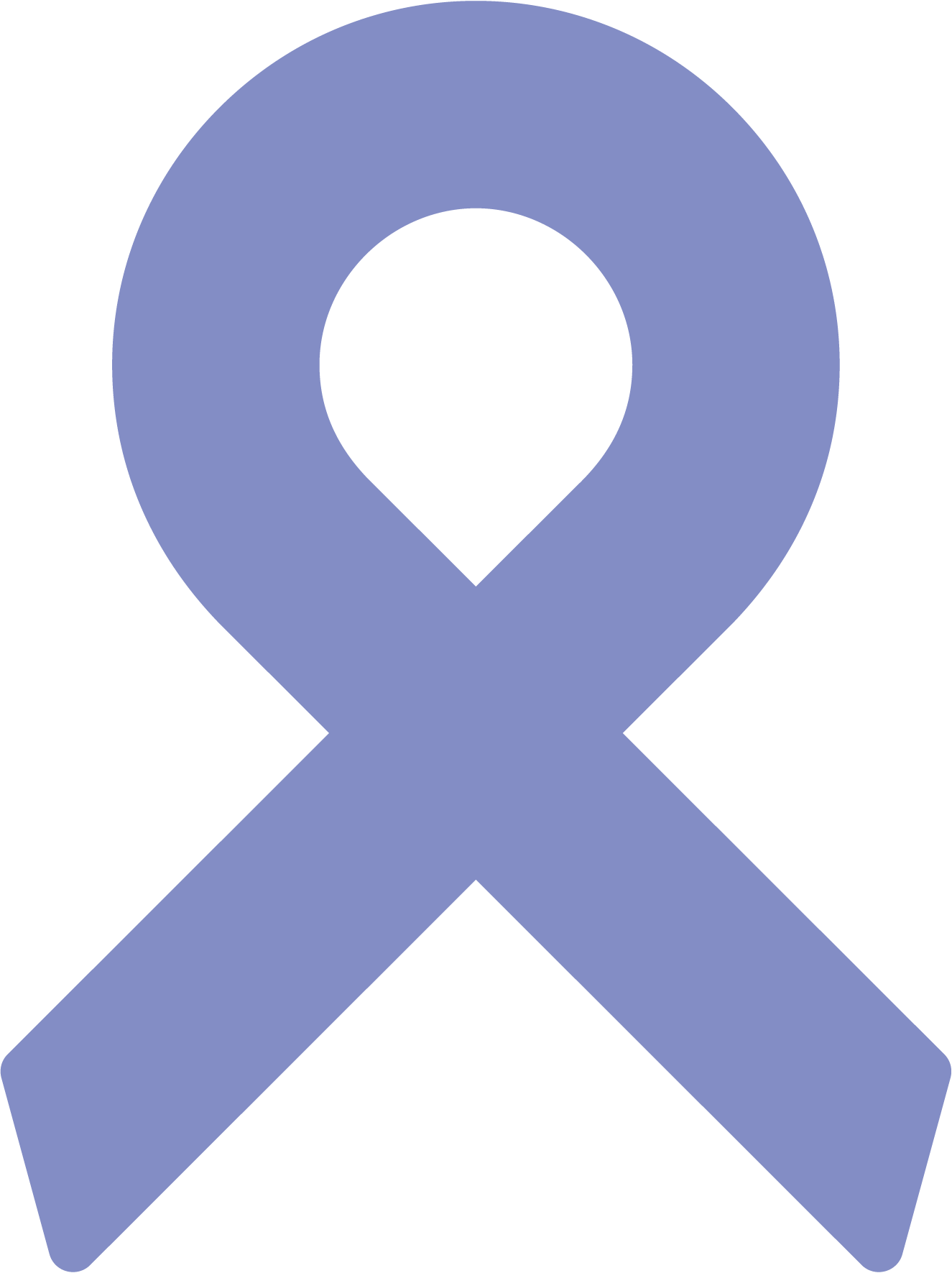- Cancer Information
- End of Life
End of Life
End of life Care and last days of life care
These words can be upsetting or confusing but it is really important that we are clear in our explanations when we are discussing such an important part of your care.
When specialist palliative care professionals talk about ‘end of life’ care, they may be discussing patients’ needs, in what could be months to the last year of a person’s life. Sometimes general healthcare givers, might say these words when they are really talking about ‘last days of life’ and this may add to confusion or upset.
Hearing the words end of life about yourself or someone you love can be very upsetting and sometimes confusing. It is really important that we are clear in our explanations to you when we are discussing such an important part of your care.
When specialist palliative care professionals talk about ‘end of life’ care, they may be discussing yours or a loved ones’ needs, in what could be months to the last year of a person’s life. Generally healthcare givers, might say these words when they are really talking about ‘last days of life’ and this may add to confusion or upset.
End of life = last predicted year of a person’s life.
Last days of life = last hours or days of a person who is reaching the end of their life.

Facing an uncertain future may also be referred to as a ‘prognosis’
Talking about your situation and what is happening can help. But it can be hard, especially if you are feeling unwell. You may find it helpful to talk through your thoughts and feelings with someone you trust. This may be a close friend, partner or family member. Talking openly about your feelings and what would help can also let them know how to support you. It may help to plan when you want to talk to someone and what you want to say.
You may find it easier to talk to a healthcare professional. Your GP, specialist nurse or healthcare team at the hospital can support you.
Part of the discussions especially around advanced decisions and directives will be to discuss about the ReSPECT document. Which stands for “Recommended Summary Plan for Emergency Care & Treatment”.
The ReSPECT process creates a summary of personalised recommendations for a person’s clinical care in a future emergency in which they do not have capacity to make or express choices. Such emergencies may include death or cardiac arrest, but are not limited to those events. The process is intended to respect both patient preferences and clinical judgement. The agreed recommendations are recorded including about resuscitation (CPR) if your heart and breathing was to stop.
It can be a difficult conversation to have with you and your loved ones, but important so the right care can be provided when this sadly does occur.
Possible emotional feelings
- Tearful and upset
- Unsure of how to cope with your feelings
- You might feel numb, as it may not feel like it is really happening to you
- You may be angry, because you feel more could have been done to prevent or treat your illness
- It may feel unfair
- You may be anxious about what will happen in the future
You may have some, or all, of these feelings. But as time passes you may find you feel less distressed. Or you might feel distressed less often. With the right support, you may find you can think more clearly and cope better.
The physical symptoms
You may experience will vary dependent on a multitude of factors. Your disease, other medical problems and your general well-being.
Symptoms may include;
- Pain
- Nausea/vomiting
- Fatigue
- Breathing changes
- Feeling weak so basic tasks could be very difficult, meaning you will need help.
All of these symptoms can be managed by your healthcare teams in the place you wish to be cared for. This may be at home, hospital, some nursing homes or in a Hospice if your symptoms are very complex.
If you live on your own
Living on your own can add extra stress. You may value your independence, but being ill may make you feel lonely and frightened.
People who care about you will want to help in any way they can. It is ok to ask for and accept their help.
Some people may be happy to help in practical ways, such as shopping or helping with your garden. You could make a list of practical things that would make your life easier.
Other people may be able to talk with and listen to you. This could help you to share your worries and fears.
There may be help and support available from health, social care and voluntary organisations. Your GP, social worker, local cancer information centre, or district or community nurse can help you with this.
Macmillan End of Life Support
The Macmillan helpline also has cancer support specialists who can give you information and emotional support. You can call our support line on 0808 808 00 00 or chat to them online. Or visit our Online Community to talk with other people in a similar situation, share your experience, and ask an expert your questions.
Sue Ryder Charity
Provides grief support for everyone who needs it, provides end of life support to people in their last few weeks or days
Untangle Grief
Are a grief support community offering a range of practical and emotional support to those that have suffered bereavement.
Grief Encounter
A charity supporting children and their families who have experienced the death of someone close to them. Call weekdays on 0808 802 0111
Winston’s Wish
Provides digital and face to face support for children, teenagers and young adults who have lost someone important to them. Freephone Helpline – 08088 020 021 Monday to Friday 8 am to 8 pm
Barnsley Bereavement Support Service
Barnsley Hospice
provides a bereavement and counselling support service for the families and friend of the patients who have bene cared for by Specialist Palliative Care Services at Barnsley Hospice and in the wider community.
If you feel this might be of help to you then please call them on 01226 244244 or visit
Marie Curie
Cinnamon Trust
- Call the Macmillan Support Line for free on 0808 808 00 00, 7 days a week 8am – 8pm.
- Visit the Cruse Bereavement Care website for information and support.
- Contact the Sue Ryder online bereavement support.
- Child Bereavement UK runs support groups and has an app for people aged 11 to 25
- Visit the bereaved family and friends or the bereaved spouses and partners forum in Macmillan’s online community.


